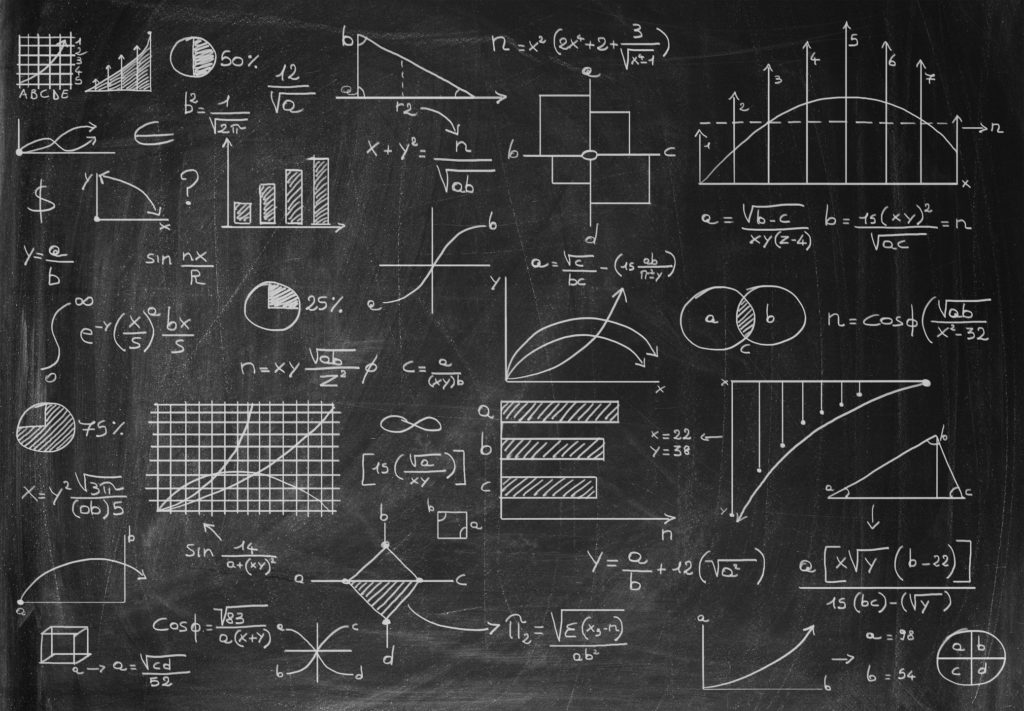711. Uniform Random Variable - JulTob/Mathematics GitHub Wiki
A uniform random variable is one whose experiment consists of selecting a value from a given and finite set of values. There is no preference for any of them, so the probability of each occurring is the same.
- L: Number of elements
Each value has the same probability of occurrence:
For
| Variable value |
Probability |
||
|---|---|---|---|
| 0 | 0 | 0 | 0 |
| 1 | 0.1 | 0.1 | 0.1 |
| 2 | 0.1 | 0.2 | 0.4 |
| 3 | 0.1 | 0.3 | 0.9 |
| 4 | 0.1 | 0.4 | 1.6 |
| 5 | 0.1 | 0.5 | 2.5 |
| 6 | 0.1 | 0.6 | 3.6 |
| 7 | 0.1 | 0.7 | 4.9 |
| 8 | 0.1 | 0.8 | 6.4 |
| 9 | 0.1 | 0.9 | 8.1 |
| 10 | 0.1 | 1.0 | 10.0 |
| 11 | 0 | 0 | 0 |
| 12 | 0 | 0 | 0 |
| 13 | 0 | 0 | 0 |
---
config:
look: handDrawn
theme: dark
---
xychart-beta
title "L=10"
x-axis 0 --> 13
y-axis "Chances" 0 --> 1
bar [0, 0.1, 0.1, 0.1, 0.1, 0.1, 0.1, 0.1, 0.1, 0.1, 0.1, 0, 0]
line [0, 0.1, 0.2, 0.3, 0.4, 0.5, 0.6, 0.7, 0.8, 0.9, 1, 1, 1]
- The variable takes values from a finite set.
- Each value has an equal probability.
- The mean of the distribution is the midpoint of the interval.
- The variance depends on the total number of elements in the distribution.
This type of random variable is widely used in simulations, random sampling, and modeling uncertainty when there is no prior information about preferences among the possible values.
